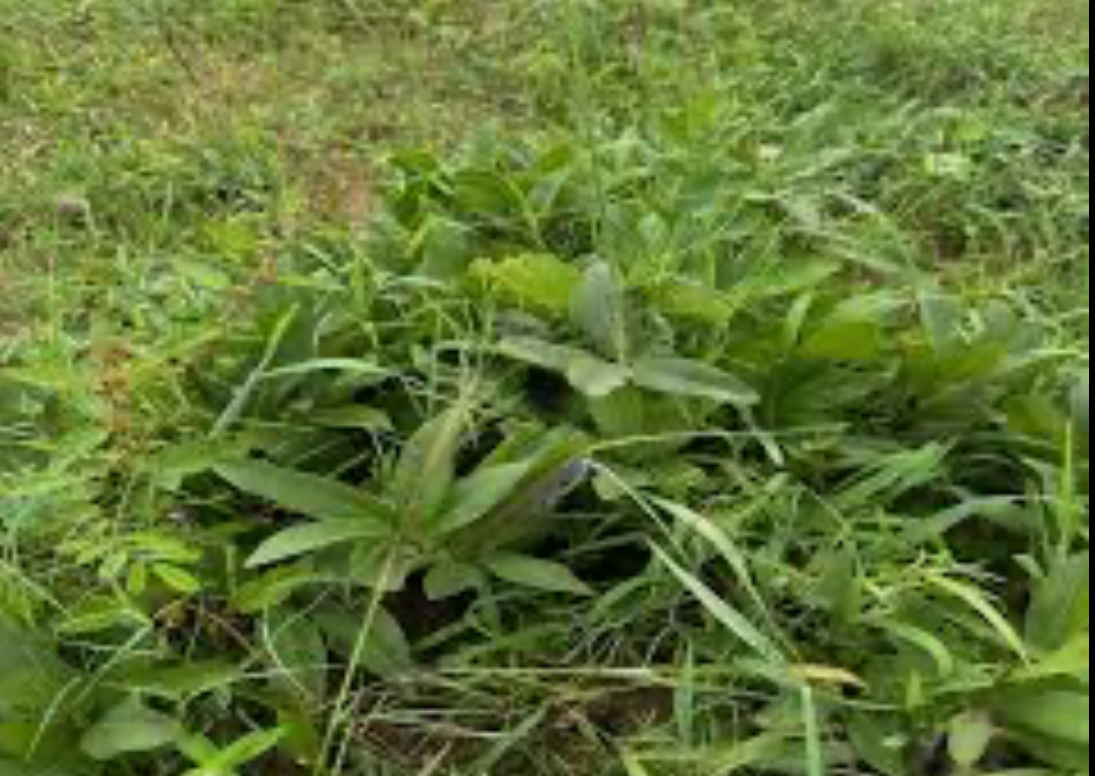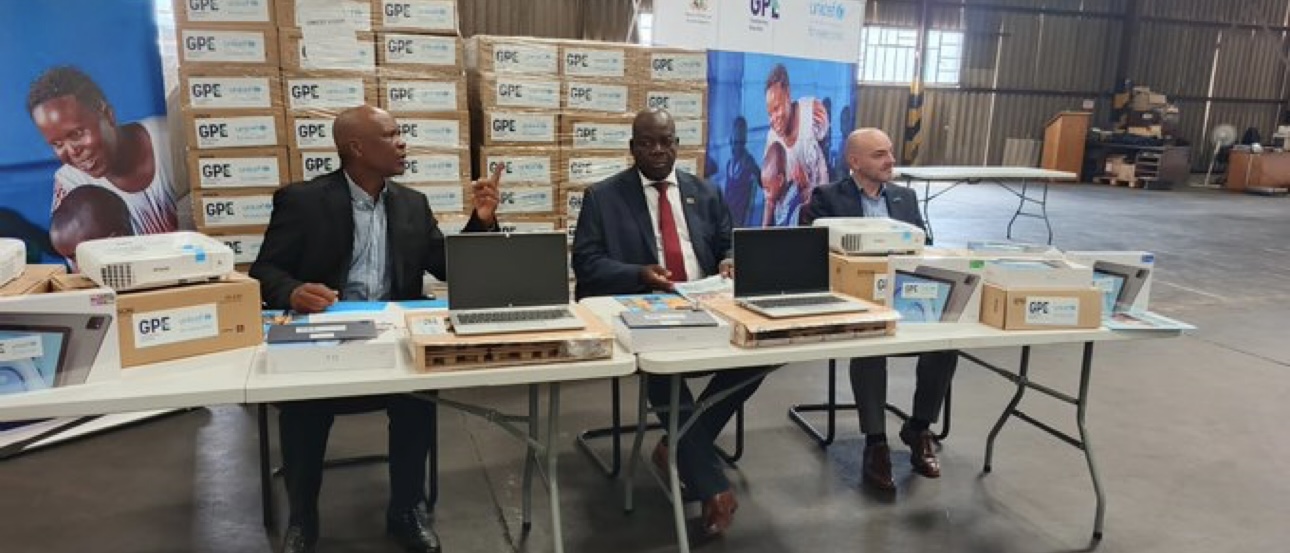BY SHERE BEGA
James Sekonya has spent more than six years studying mopane worms but he has still never tasted the edible caterpillars.
Sekonya, of the University of Cape Town’s department of environmental and geographical sciences, is the author of a new study that examines the “lucrative” cross-border trade in mopane worms, the caterpillar phase of the Imbrasia belina moth.
Historically, mopane worms have been harvested and consumed at the household level, with surplus used in barter trade to meet other household needs or to be shared with family, according to his thesis.
“Increasingly, mopane worms are gaining popularity among consumers in large cities and outside their natural range. An increasing rural-to-urban migration has driven the growing popularity as urban consumers reconnect with their rural lives.”
Vibrant trade
Estimates show that the mopane worm trade generates between $39-million and $100-million a year, “depending on the quality of the outbreak and prevailing weather conditions”.
In South Africa, this market is concentrated in peri-urban areas and is supplied by imports from Botswana and Zimbabwe, with most of this value accruing to traders rather than harvesters, the study notes.
Harvesting and related processing occur in Botswana, while bulk trading and vending are more concentrated in the South African markets.
Two factors are influential. “First, market prices have been shown to increase exponentially in times of shortage from June to November, long after harvesters had sold off their stock at lower prices. Second, traders increase profits through exporting to markets in South Africa where demand far exceeds supply from local harvest.”
‘Cumbersome’ regulations
Despite the numerous benefits of the trade, regulation is often “cumbersome, confusing, and debilitating” for impoverished individuals who wish to enter it, he said.
“This cross-border trade is regulated through legal, informal, and traditional rules, norms, and practices. Harvesters, exporters and traders have to navigate the constraints that result from the regulatory tools and take advantage of the gaps in the regulatory systems.”
Some resorted to varying levels of informality in which people complied with the regulations only where no alternatives existed, or they were guaranteed to gain more benefits.
“Nonetheless, influential, powerful, and wealthier actors were less constrained by the regulatory duplications and overlaps across the trade between Botswana and South Africa.”
Environmental change
During his master’s, Sekonya studied the effect of environmental change on mopane worm livelihoods in Limpopo. He found that expanding villages, the use of the mopane tree for fuel wood and material for fencing, among others, is shrinking the habitat of mopane worms.
“As a result, people who rely on harvesting in the local ‘forests’ are having less to harvest and the drought at the time worsened the situation,” he said. “The knock-on effects of that is when we went into the markets, we found that there was actually a lot of stock coming from outside of the country as a result of the decline in that region.”
He decided to dig deeper into the governance angle, “which I expected to be more prominent given the international borders that actors must cross to facilitate the trade”.
Sekonya found that although the importation of mopane worms caused prices to climb in South Africa, there was a strong preference for the stock coming from Botswana “because it’s been processed differently” — it is boiled in salt water after harvesting.
“The mopane worms from Botswana are bigger, purely based on the time at which people harvest. There’s still an understanding that one doesn’t just harvest when they see a caterpillar on a tree.
“They wait for them to reach a particular size and only harvest at that time. So, they’re much bigger and they have reached maturity, so to speak. The guts … have a lot less leaf matter, it’s got a lot of fat, and tastes good, so they say.”
Alternative protein
Globally, there is a growing interest in farming edible insects because they offer alternative protein at much less carbon and water footprint compared with meat. But commercialisation of these resources has a potential to spill over to the wild populations in contexts where commercial farming is not feasible.
“If the demand keeps increasing, obviously the supply will have to follow the trend,” said Sekonya. “I doubt that the wild populations in South Africa will be able to keep up.
“If we keep importing, especially from Botswana, we should be fine, but if mopane worms continue to be as popular as they are, and match the increasing popularity of edible insects in other countries across the world, there will be a need to start farming mopane worms as food and as feed. To protect the wild populations, the need for farming is becoming more obvious.”
He added that in South Africa mopane worms are not a high value species. “It doesn’t enjoy any protection and any dedicated regulations that deal with its harvesting, which is the opposite to what is happening in Botswana …
“There is plenty South Africa can do to emulate what is happening in Zimbabwe and Botswana to tap into the potential value of mopane worms to really unlock it to secure people’s livelihoods.”
Among the study’s recommendations is that Botswana and South Africa collaborate on developing a regulatory framework that promotes “seamless” cross-border movement while ensuring a greater pro-poor focus.
“This envisaged collaboration could help to empower impoverished harvesters and traders … and promote sustainable harvesting practices.”
Cultural identity
The study underscores the need to streamline statutory, customary and informal governance approaches particularly “as the three systems are not separate”, and to pursue an “unambiguous, pro-poor agenda” focused on safeguarding informal, resource-based livelihoods and the sustainable use of mopane worms.
Although commercialisation attracts prospective actors for economic reasons, mopane worms remain an inherent part of local diets, cultural identity, customary practices and livelihoods in harvester communities, according to the report.
These values must be considered when policy frameworks aimed at promoting resource commercialisation are designed and implemented.
“Had it not been through indigenous knowledge of mopane worms as a food source, it would just be a pest,” Sekonya said.
“It’s because of that culture, that knowledge of mopane worms as a very nutritious food source that it has now become a commercial product. The preservation of cultural practices and indigenous knowledge is one thing that must not be overlooked.
“There are the livelihoods of people who rely on mopane worms, who are not commercially driven, who are not business people, who are just people in communities who harvest this from communal forests to earn a living because there are very limited economic opportunities in their villages.
Should mopane worms blow up into this very lucrative product, which I think it will, protecting players on the other end of the scale will be very important.- Mail&Guardian


 Slider3 years ago
Slider3 years ago
 National4 years ago
National4 years ago
 Tourism and Environment4 years ago
Tourism and Environment4 years ago
 Special reports4 years ago
Special reports4 years ago
 Opinion4 years ago
Opinion4 years ago
 National4 years ago
National4 years ago
 National3 years ago
National3 years ago
 National3 years ago
National3 years ago


